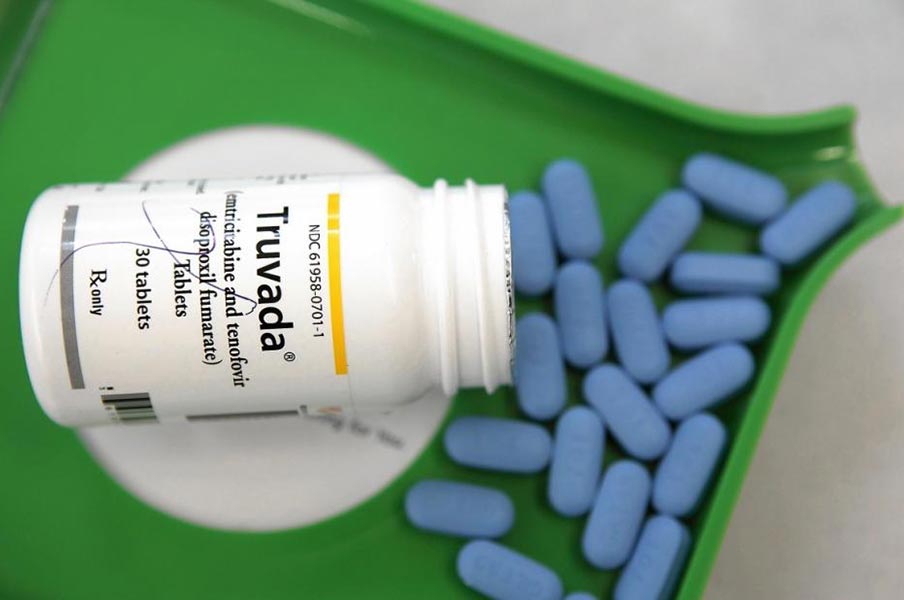Philadelphia’s Department of Public Health last week unveiled a new marketing campaign to promote PrEP usage to a population at risk for exposure to HIV.
PrEP (Pre-Exposure Prophylaxis) is a drug regimen that, if taken regularly, has been shown to prevent HIV infection. While not a cure for AIDS, PrEP is 99 percent effective as a preventative against developing the disease, especially when used in conjunction with other safer-sex practices.
DPH’s new program, dubbed “Philly Keep On Loving,” is a two-pronged campaign.
The first aspect is information dissemination. Since its introduction in 2012, PrEP therapy has been started by only a small fraction of the population that would benefit from it. Community healthcare providers attribute this to a lack of information and education. Most people—and a large number of health care providers—simply don’t know enough to adequately promote its use. “Philly Keep On Loving” is an attempt to address this shortfall of education.
The marketing aspect of the campaign will consist of ads that will appear in local newspapers and on buses, bus shelters and in corner stores throughout the city. There will also be a push within social media in both English and Spanish. These ads will refer people to the campaign’s website, which provides information about PrEP, helps people assess if they are at risk and might benefit from the therapy, and provides a location-based referral to various healthcare providers who can provide further counseling and prescriptions.
According to Caitlin Cunningham, HIV prevention services coordinator at the AIDS Activities Coordinating Office, the criteria for being on the referral list is simple. “They have to be able to provide clinical services. They have to be able to provide prescriptions, or dispense the drug itself.”
However, a cursory look at the website’s referral map shows an absence of many of Philadelphia’s community-based organizations that provide PrEP services that would seem to qualify, such as Bebashi and Planned Parenthood. Representatives of these organizations do not seem upset at their absence from the referral list, attributing it to oversight rather than deliberate exclusion.
“We’re currently working with DPH to address the issue,” said Brenda Alexander, communications specialist for Bebashi. “We’re confidant that this oversight will soon be corrected.”
A spokesperson for Planned Parenthood declined to comment on the record, but said Planned Parenthood doesn’t view this as a deliberate exclusion on the part of DPH, merely an oversight.
Cunningham made clear that, initially, “Keep On Loving” is intended as a short-term project, scheduled to run until early summer.
“It may be expanded in the future,” she said. “We’ll have to assess if the campaign is effective in its stated goals.”
The campaign is currently budgeted at $385,000 — funds provided, in part, by the Commonwealth of Pennsylvania and, in part, by the Centers for Disease Control.
The ad campaign will be unveiled across the city over the next several weeks. The website is currently up and running (phillykeeponloving.com), and there is a helpline (215-985-2437) to call for more information.
